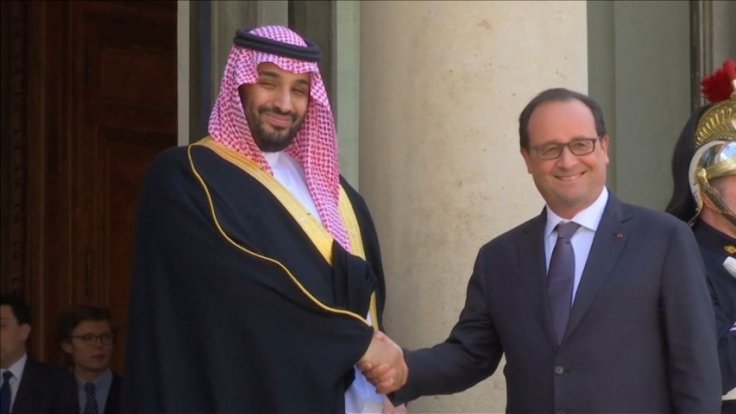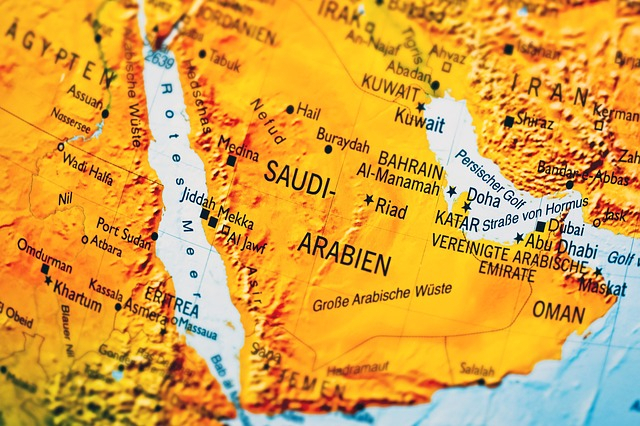Saudi Arabia has adopted a crucial decision of officially allowing businesses to remain open during the five daily Muslim prayers. This key reform is just another step in Crown Prince Mohammed bin Salman's liberalization drive.
Shops to Remain Open During Prayer Time
According to Saudi media, the head of the Chamber of Commerce and Industry has opened all trade centers across the country and issued permits to continue business activities during prayer hours.
The Federation of Saudi Chambers said in a statement that the decision is part of the fight against the coronavirus pandemic and aims to avoid 'gatherings and long queues' in front of closed stores during prayer hours.

Inconvenience was Observed for Decades
Earlier, all shops had to shut for at least half an hour each during five daily prayers. For decades, commercial enterprises in Saudi Arabia have shut their doors as soon as the first call of prayer is heard, reported the Arab News.
The news outlet further stated that the cars would queue up waiting for petrol stations to open, while patrons and customers at pharmacies, restaurants, and supermarkets would have to wait outside.
However, it comes after a 2019 decree that said businesses could stay open 24 hours a day for an unspecified fee, reported AFP. The new rules can solve the problem of 'inconvenience' faced by many Saudi citizens.
Restricts Loudspeakers at Mosques
Earlier in June 2021, Saudi Arabia restricted the volume of loudspeakers at mosques. This decision was meant with both applause and resentment. The Islamic Affairs Ministry of Saudi Arabia passed an order on the use of loudspeakers at mosques.
This order states 2 main things -- loudspeakers at mosques should be set at no more than 1/3rd of their maximum volume and the use of loudspeakers should be restricted for the call to prayer rather than broadcasting full sermons. Growing complaints from Saudi citizens and expats led to this decision.
The Islamic Affairs Ministry said that it received numerous complaints that the loud volume at these mosques was causing disturbance to children and elderly. It was a major policy overhaul and triggered a global backlash against Islamic practices.

Alters 'Male Guardianship System'
The kingdom altered its 'Male Guardianship System' to allow women to live and travel independently. Earlier, Saudi women had to seek their family's consent under the mail guardianship system. Saudi legal authorities removed certain paragraphs from article 169 of the sharia law. This decision is perceived as a significant step in women empowerment.
Saudi Arabia Seeks Religious Reset as Clerical Power Wanes
Multiple media reports state that Saudi Arabia is seeking a religious reset as the clerical power is losing its ground. Preachers are endorsing government decisions they once vehemently opposed — including allowing women to drive and the reopening of cinemas.
The country is home to two of the holiest sites in Islam. It is seen as a de facto leader of the Islamic world. It has long been associated with a rigid strain of Islam known as Wahhabism that inspired generations of global extremists and left the oil-rich kingdom steeped in conservatism.
However, Crown Prince Mohammed bin Salman, Saudi Arabia's de facto ruler, has pledged to revive a more "moderate Islam", reported Reuters. A string of reforms is being undertaken by the kingdom to modernize Saudi society. These crucial reforms de-emphasizes religion and opens a new era for Saudi society.









